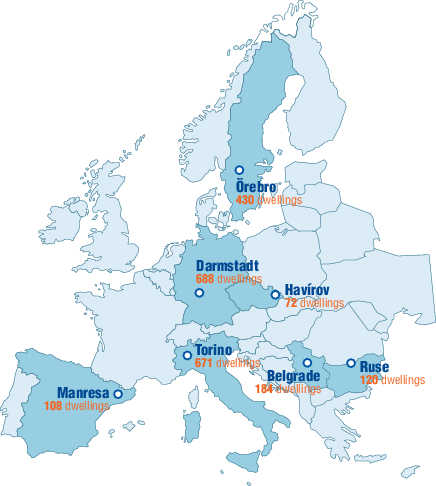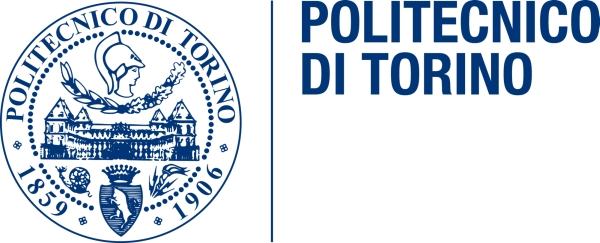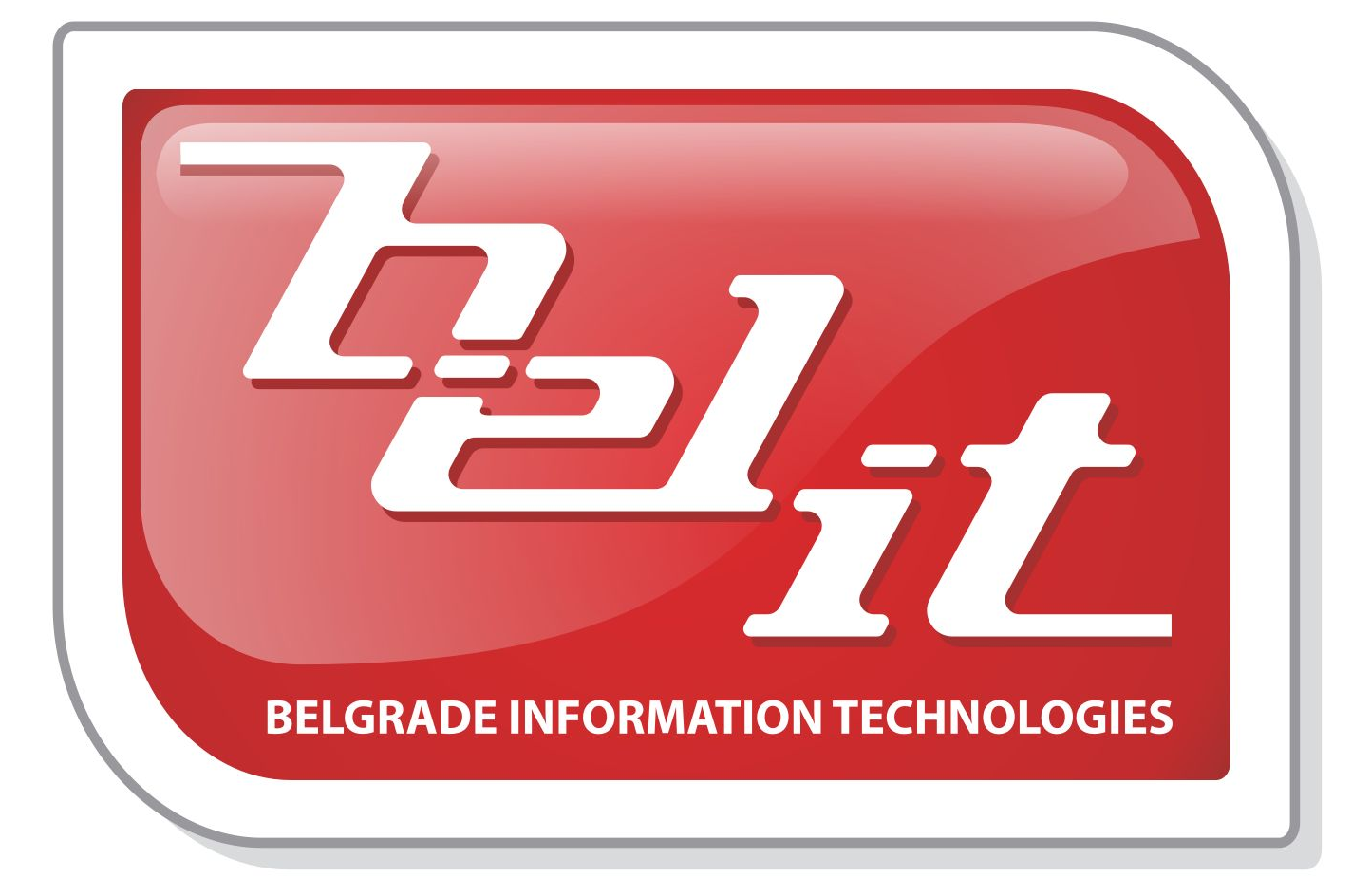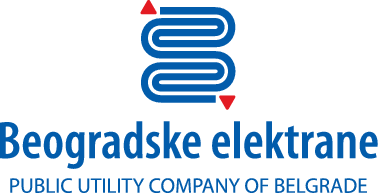BECA¶
Balanced European Conservation Approach – ICT services for resource saving in social housing
– Project web-site – Contact – 
Pilot Sites – Approach – Impact – Exploitation – Conclusions and Recommendations – Partners
The BECA project designed, developed and piloted new solutions to enable sustained reductions in energy consumption across European social housing. This was accomplished by providing usable ICT-based services for Energy Management (ems) and Energy Decision Support Service (edss) directly to tenants as well as to social housing staff.
The project achieved 15% savings for heating, 11% for cold water and 17% for hot water. Savings amount to 570MWh which equals 177 tons of CO2 per year. Financial pay-off is achieved by most stakeholders during the first 3 years. The socio-economic net benefit for the BECA project, extrapolated for ten years, amounts to €1.7Million in pilot buildings alone.
BECA was deployed in seven pilots in seven countries across Europe, Eastern Europe in particular. More than 5,000 social housing tenants were given access to ICT services. 19 organisations participated including relevant government authorities and social housing providers, and coordinated by empirica. The project was supported financially by the European Commission under the ICT Policy Support Programme.
Pilot Sites¶
Pilots of BECA services are located at 7 sites in 7 countries in all climate zones of Europe. For all pilot sites, videos are available. Some pilots also have public portals.
Approach¶
The project lasted 3 years. The first four work packages established a common technical documentation harmonising the documentation of pilot designs. User recruitment (WP5) and Operation (WP6) ensured that the systems developed are successfully implemented in the field and tenants as well as professionals have the necessary training to operate the systems. All key results contributed to this Guide.
Evaluation of energy savings is based on 24 months of baseline and intervention data accompanied with control group designs and before / after surveys (WP7). The methodology used is based on the common practise agreed with all CIP-projects in this domain in which BECA-partners were particularly active (IWU, empirica). The quantitative analysis was performed using the EC-tool ‘eeMeasure’ which has to be used by all CIP-projects to assess and publish the savings achieved in the project on the same platform. eeMeasure was developed and hosted by empirica.
Exploitation (WP8) was assessed using empirica’s cost benefit analysis tool (CBA) widely based on the guidelines provided by the EC. The tool compares a Do-Nothing scenario with the Intervention in BECA. Based on numerous implementation (CAPEX), operation (OPEX) and consumption indicators up to eight stakeholders can calculate (and model) their own cost and benefits as well as the socio-economic return for the entire pilot.
Impact¶
For the resources covered by the majority of sites savings of 15% for heat energy, 11% for cold water and 17% for hot water have been achieved. Only for electricity the target was not met (2%). However, it has to be taken into account that the most effective way to achieve meaningful electricity savings is to replace old electric appliances by new and less energy consuming ones. The tenants of social housing often do not have the means for doing so and assess it as not useful to replace appliances when the old ones still work well.
Yearly CO2 reduction equals...
...the weight of 13 Big Bens (total of 177 tons) through pilot buildings alone.
As all pilot sites will continue the provision of their services they can base their future campaigns, energy coaching and further activities on the current success of the project.
Economically, all sites proof to pay-off within a few years and almost all stakeholders achieve net benefits compared to the ‘Do-nothing’ scenario. The average implementation cost for the BECA solution is 300€, the average yearly operational cost is 17€. Modelling a full deployment of BECA for 7,000 dwellings –1,000 dwellings per pilot over a period of 10 years – would result in a net benefit of €5.91 million.
Socially, the risk of energy poverty can be reduced by given tenants the information necessary to control their own consumption. This is of particular importance in Eastern Europe where individualised billing is just being introduced and those with above average consumption will pay higher bills in the future. Deployment of the BECA solution can be easily combined with increasing IT-literacy among elderly and poor. Moreover, communication among tenants was improved to the extent that ‘champions’ became known experts acting as energy managers helping others and potentially learning skills required on the labour market.
Exploitation¶
Pilot Exploitation analysis has proven that working services are viable under the given conditions. Total return on invest – for all stakeholders in the pilot site together - is reached across all sites within a few years. This does not imply that an individual stakeholder might require a few more years to get their investments back. Degree of functionality correlates with technical requirements and costs. This correlation is particularly strong for implementation costs but also holds for operation costs since financing the investments is often based on future payments. Sites, in which consumption based billing is not the standard (Do-nothing scenario) require more years to break even. A main reason being that infrastructure not present and the need for additional effects to be accounted for (e.g. more communication).
| Pilot | Belgrade | Darmstadt | Havirov | Manresa | Örebro | Ruse | Torino |
| Implementation | 395 | 513 | 113 | 432 | 419 | 153 | 81 |
| Operation (yearly) | 10 | 12 | 4.5 | 60 | - | 15 | 1 |
The SWOT highlights the importance of local conditions for implementation. For many tenants, the concept of paying their own energy consumption (and not a lump sum) is new as is the fact that with the BECA services they are being enabled to influence this and thereby the amount to be paid. The differences across sites are not limited to internal strengths and weaknesses but also face varying opportunities and threats often resulting from regulation and current market players.
Conclusions and Recommendations¶
The BECA solution can be applied in all circumstances. The ems element should be deployed first to collect “low-hanging fruits” such as energy wastage. The edss element has to be deployed as part of a long-term strategy and is ideally integrated with other web-based services. Both services help to detect faults and reducing costs of infrastructure maintenance along with reducing resource consumption.
In Eastern Europe, consumption is currently being billed by surface and individualised billing based on own consumption is just being deployed. Hence, smart metering should be the tool of choice to implement the new billing regulations resembling a great opportunity for ICT services.
However, adverse effects have to be considered as the BECA service was sometimes blamed for the increased cost of (individual) consumption as it was falsely linked to the billing rather than being seen as an additional tool. Transparency and early advocacy of the changes to come and the ICT service is crucial. Characters such as the depiction of BECO can help to explain the service and motivate champions as well as children and elderly.
Tenants must be made aware that living in a well insulated building does not automatically lead to low energy cost. In fact, their behaviour is of even greater importance: Speaking in relative terms of total consumption, leaving a window open does more harm in well insulated house. Smarter energy behaviour is also relevant in economical terms as the cost for insulation have already been paid for. Not fully “utilising” the insulation implies delaying the return on invest.
BECA services are a cheap way of detecting wastage, giving advice and pointing at the tenants who might require additional energy coaching. Barriers for BECA-like services remain with the restrictions upon exploiting the full potential of smart-metering based services. This becomes even more relevant when existing (local) actors create restrictions regarding access to hardware or data hereby increasing cost and risk for service providers. Barriers on the demand site include a lack of trust in smart metering.
Generalised exploitation scenarios are outlined for exploitation driven by public institutions, newcomers and market players. Stakeholders considering a scenario should validate their own situation with the lessons learnt provided in the ‘Guide for Replication’. These and other lessons learnt are collected in the ‘Guide for replication’ strongly recommended to any reader planning to deploy the ‘BECA solution’.
Partners¶
Coordination¶
empirica is a research and consulting firm based in Bonn, Germany acting Europe-wide and globally. empirica specialises in research and consultancy for both private and public clients into technology trends set against specific user requirements and organisational constraints and has long-standing experience in coordinating and managing EU research projects including 'SAVE@Work4Homes‘ - Supporting European Housing Tenants in Optimising Resource Consumption and esesh - Saving Energy in Social Housing with ICT. empirica is the coordinator of the project.
DELPHIS (Developpement Etudes pour le Logement, la Promotion de l’Habitat, l’Innovation et le Social) is a professional non-profit association grouping 21 non-profit companies working in the field of social housing and is since 2006 managing the Secretariat of EURHONET, a network of 25 social and public housing organizations in five countries (France, Germany, Italy, Sweden, United Kingdom). DELPHIS formally represent EURHONET and will – amongst others – lead the work on dissemination and exploitation.
The Institute for Housing and Environment (Institut Wohnen und Umwelt GmbH) is a research institution founded by the State of Hesse and the City of Darmstadt. The overall mission and task of the institute is to research on living styles and conditions, possibilities to increase energy efficiency in buildings and to develop overall strategies to reduce energy consumption.The institute is active in the fields of basic research as well as in applied research and puts great emphasis on interdisciplinary work.
Örebro (Sweden)¶
ÖrebroBostäder AB was founded in 1946 and now acts as the municipal housing company and largest landlord in Örebro. ÖrebroBostäder is pilot site manager in Örebro and co-operates locally with Örebro County Energy Agency and on the national level with the Swedish national Energy Authority and the public housing federation in Sweden, SABO.
Manresa (Spain)¶
CIMNE the International Centre for Numerical Methods in Engineering is an autonomous research and development centre dedicated to promoting and fostering advances in the development and application of numerical methods and computational techniques for the solution of engineering problems in an international context. The Buildings Energy and Environment (BEE) Group is an independent research group of around 15 people within CIMNE, focusing their R&D activities on methodologies and tools for the reduction of CO2 emissions in the urban environment.
FORUM is a municipal company (FOMENT DE LA REHABILITACIÓ URBANA DE MANRESA, S.A. - Promotion of the Urban Refurbishment of Manresa) established in 1994 aiming at promotion, programming, planning of and urban land management and urban rehabilitation within the municipality of Manresa. FORUM is responsible for the pilot site in Manresa.
PICH AGUILERA ARCHITECTS is an architect company created in 1986. PICH works together with CIMNE in the pilot cluster in Manresa.
Darmstadt (Germany)¶
Bauverein AG Darmstadt was founded in 1864 as a housing company in public ownership. The main type of activities include rental management, housing and commercial estates, management of co-ownership properties, management of corporate premises, housing construction and condominiums for sale, conversion and redevelopment of quarters. The number of rental dwellings owned is around 18,000, the rental commercial estates about 280, plus approximately 5,000 parking spaces and five public buildings. Bauverein AG Darmstadt is pilot site manager for Darmstadt and leads work package work for pilot site preparation of the whole project.
TECHEM is a leading global provider for the housing and property industry as well as for utilities in the fields of recording, allocating and billing data on energy, water and cooling consumption. Techem is the technology provider in the Darmstadt pilot site and leads technical management in the project.
Turin (Italy)¶
Agenzia Territoriale per la Casa della Provincia di Torino - ATC , was established in 1907 by the Torino City Council to supply underprivileged citizens with low-cost housing and at the same time administering and managing their own real estate and that entrusted to them by other public bodies.
EXE.GESI has been established as an energy service company by ATC Torino in 2002 for building plants and heating management. EXE.GESI manages around 300 heating boilers and plants, and 1100 lifts, mainly in social housing stocks and provides planned and extraordinary maintenance of heating plants of ATC Torino (more than 700 buildings in the Province of Torino). Additionally EXE.GESI is involved in activities related to district heating, cogeneration and renewables.
Department of Electrical Engineering at the Politecnico di Torino - POLITO is a leading public research university founded 150 years ago dedicated to theoretical & applied research with 170,000 teaching hours per year, 26,000 students with 115 courses (39 Bachelor’s degrees; 35 Master of Sciences; 23 Doctorates and 18 specialisations). Thee university research is organized in 18 departments and 12 service centres.
POLITO has a strong reputation in research and education on sustainable technologies and renewable energies. With more than 800 research contracts with public institutions and industries worldwide, POLITO cooperates with various international research centres, industrial partners, local authorities and utilities. It hosts the Business Research Centre, where offices, laboratories and services are available to companies interested in starting up and developing a research structure and where they can receive valuable services such as tutoring, administrative and management consultancy, and streamlined access to credit and venture capital.
Havirov (Czech Republic)¶
Mestska Realitni Agentura SRO - MRA is a municipal real estate agency, founded on 1st January 1995 for the management and maintenance of the municipal housing stock. It is 100% owned by the Municipality of the city of Havirov. On the basis of a mandate contract MRA manages the municipal housing stock consisting of around 7767 apartments (in about 200 houses), 284 non-residential spaces (shops, offices), 13 ateliers, 67 garages and 21 individual objects (including 6 medical centres).
STÚ-K is a private consulting involved in national and international projects focused on housing, renovation of large panel buildings, energy efficiency, repairs of reinforced concrete structures, recycling of building materials and use of micro fillers in concrete mixtures and mortars. STÚ-K has been involved in several EU projects with special focus on EIE projects.
Ruse (Bulgaria)¶
Ruse is the fifth largest city of Bulgaria with approximately 170,000 inhabitants, located in the North-East of the country at the river of Danube. In BECA the municipality of Ruse involves the municipal owned company “Jilfond” that hosts and maintains the selected buildings, and works together with UniRuse and AMEA to set up the pilot site in Ruse.
The Association “Municipal Energy Agency - Ruse” activities focus on methodologies and tools for the reduction of CO2 emissions in the urban environment. Since 2001, AMEA has been involved in applied research for the energy retrofitting of municipal buildings, developing analysis methodologies and tools for the application of low energy concepts in the retrofitting of municipal buildings in Ruse.
Ruse University develops the portal together with Ruse Municipality and AMEA for the Bulgarian pilot site. University of Ruse is the biggest university in Northern Bulgaria providing education to more than 10 000 students –Bulgarian and international ones in all levels of education-Bachelor, Master and PhD. Its academic staff includes around 500 well-prepared lecturers and researchers.
Belgrade (Serbia)¶
BELIT has considerable experience in the development and implementation of web-based information systems and portals and will collaborate with MEB, BeoElek and Palilula municipality in providing the ICT-based energy saving service the in Belgrade pilot site.
JKP Beogradske elektrane is a Public Utility Company, which supplies heating and domestic hot water to Belgrade. The company was established in 1965 in order to centralise the Belgrade district heating system. BeoElek possesses 65 heat sources with 2,574 MW heating capacity. It provides heating to 300,000 apartments and more than 8,000 office/commercial buildings for the total floor area exceeding 20,200,000 square meters.
University of Belgrade - Faculty of Mechanical Engineering (MEB) has been involved in a number of projects in different areas, among which, energy, district heating systems, heat flow metering, fuels, RES, energy efficiency in buildings, combustion, household appliances, energy monitoring and environment. Project work of MEB builds upon recent activities in collaboration with local municipalities, such as the introduction of renewable heating energy sources, improved energy efficiency of buildings and improved environmental conditions in social housing districts.
| [1] | The costs are based on 1,000 dwellings. The figures below describe the additional costs resulting for the solution being installed without taking any benefits into account. Implementation costs include IT-design and software implementation. Operation costs do not include other (optional) costs specific to individual stakeholders or their relationships. Remark: As not all sites had access to the information of old-solution costs, the figures might actually describe the total costs of the solution itself. |





















